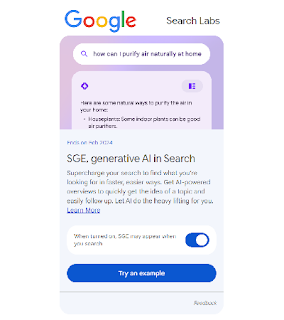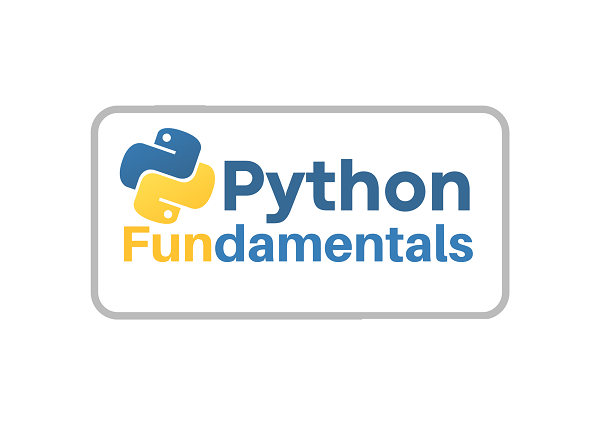Will AI Chatbots Replace Human Jobs In Future?
As AI chatbots become more advanced, there's concern about their potential to replace human jobs. This article explores the topic and its implications for the future of work.
Introduction:
The emergence of AI chatbots has revolutionized the way businesses interact with their customers. AI chatbots are increasingly being used for customer service, sales, and other business-related activities.
However, there is growing concern that AI chatbots may replace human jobs in the future. This article explores the potential impact of AI chatbots on human jobs and the likely outcomes.
The Current State of AI Chatbots:
AI chatbots are computer programs that use natural language processing (NLP) to simulate conversations with humans. They are designed to understand human language and provide intelligent responses to customer queries.
AI chatbots are being used in a variety of industries, including healthcare, finance, retail, and transportation.
AI chatbots can be used for a range of tasks, including customer service, order processing, and sales. They can handle routine and repetitive tasks, such as answering common customer queries and providing product information.
They can also help businesses save time and money by automating tasks that would otherwise require human intervention.
Potential Impact of AI Chatbots on Human Jobs:
The increasing use of AI chatbots has raised concerns about the potential impact on human jobs. Some experts argue that AI chatbots may replace human jobs, particularly in industries that rely heavily on customer service and support.
For example, AI chatbots can be used to handle customer service inquiries, which may lead to a reduction in the number of human customer service representatives.
However, it is important to note that AI chatbots are not designed to replace human jobs entirely. Instead, they are designed to augment and enhance human capabilities, leading to improved efficiency and productivity.
In some cases, AI chatbots can create new job opportunities in areas such as chatbot development, maintenance, and training.
In addition, there are some tasks that AI chatbots are not capable of performing, such as complex problem-solving and emotional support.
Human workers are still needed to handle these types of tasks, which require empathy, creativity, and critical thinking.
Overall, while AI chatbots may change the nature of some jobs, it is unlikely that they will completely replace human jobs. Instead, they are likely to be used to augment and enhance human capabilities, leading to new job opportunities and improved efficiency in many industries.
Benefits of AI Chatbots:
AI chatbots offer a range of benefits for businesses and customers alike.
For businesses, AI chatbots can help improve customer service, reduce response times, and increase productivity.
They can also help businesses save money by automating routine tasks that would otherwise require human intervention.
For customers, AI chatbots offer the convenience of 24/7 service and support.
They can help customers find the information they need quickly and easily, without the need to wait for a human representative.
They can also help customers make purchases and complete transactions quickly and easily.
Conclusion:
In conclusion, the use of AI chatbots is likely to increase in the coming years, as businesses seek to improve efficiency and productivity.
While there is concern that AI chatbots may replace human jobs, it is unlikely that they will completely replace human workers.
Instead, they are likely to be used to augment and enhance human capabilities, leading to new job opportunities and improved efficiency in many industries.
As AI technology continues to evolve, new roles and job opportunities are likely to emerge, particularly in areas
that require a blend of technical and interpersonal skills.




Comments
Post a Comment